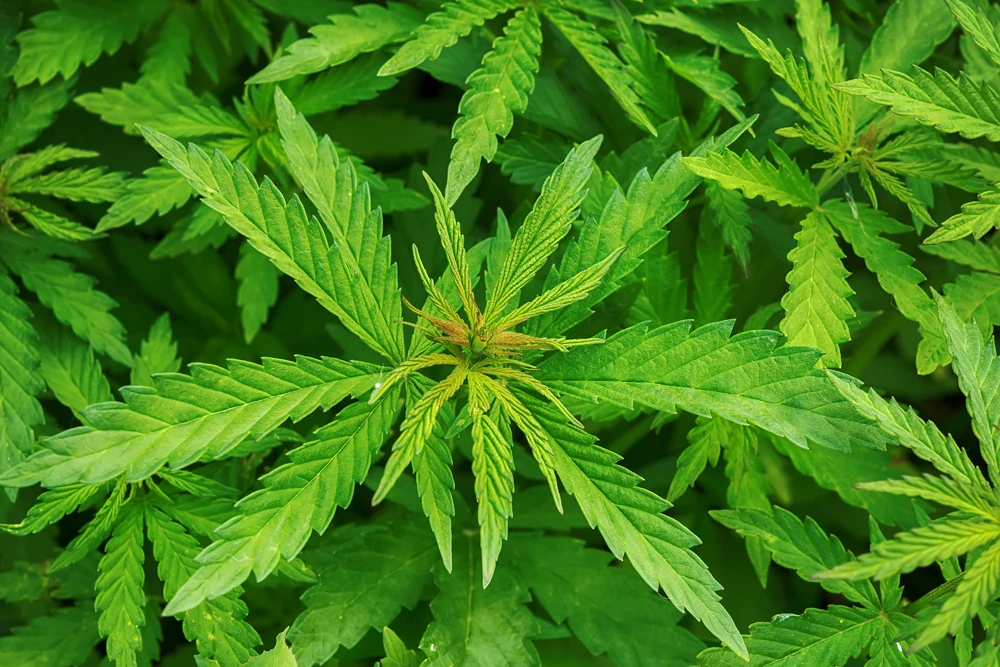In the State of North Carolina’s fight against drug use and other drug crimes, it is unlawful to possess drug paraphernalia of any kind. Regardless of the drug associated with theparaphernalia, offenders caught with paraphernalia may be looking at a misdemeanor punishable by possible jail time, fines, and the creation of (or addition to) a criminal record. However, because “drug paraphernalia” is an umbrella term covering hundreds of items used to cultivate, test, or ingest different types of controlled substances, the law governing drug paraphernalia possession is quite broad.
Therefore, if you or a loved one has been charged with possession of drug paraphernalia, you need to contact an experienced Raleigh drug lawyer as soon as possible to represent your case and present your side of the story to North Carolina courts.
Possession of drug paraphernalia is governed by North Carolina General Statute § 90-113.22. According to the law, drug paraphernalia is defined as any items that a person uses or intends to use for:

By looking at this list, you can probably see several ways an individual can be charged for possession of drug paraphernalia. For instance, if the police pulled you over and found a grinder used to grind marijuana, the police could charge you with possession of paraphernalia because the item can be used to “prepare” a controlled substance. Likewise, items such as hypodermic needles, baggies, weighing scales, seeds, laboratory equipment, bongs or other smoking devices, and other items could be defined as drug paraphernalia.
Of course, a major aspect of this offense is proving that the paraphernalia in question is used for (or intended to be used for) a controlled substance as defined in the Controlled Substances Act. Furthermore, it is important to note that possession of drug paraphernalia is a Class 1 misdemeanor in North Carolina only if the drug in question is anything other than marijuana. This means that drug paraphernalia for heroin, cocaine, methamphetamines, LSD, PCP, opium, ecstasy, molly, unlawfully obtained prescription drugs, and any other drugs (except for marijuana) could result in a Class 1 misdemeanor.
Any drug paraphernalia in connection with marijuana is charged less harshly than paraphernalia connected with other drugs. In short, if you are caught with drug paraphernalia associated with marijuana, you may receive a Class 3 misdemeanor, which holds less severe penalties than a Class 1 misdemeanor.
Many, if not all, of the items used for drug paraphernalia also have other, non-drug-related uses. For example, a pipe can be used for smoking tobacco and possession of a pipe in itself is not subject to prosecution. In this example, the prosecution must prove the pipe’s connection with marijuana. Therefore, when charged with possession of drug paraphernalia, it is essential to contact an experienced drug crimes attorney as soon as possible. With the aid of Raleigh lawyer Dewey Brinkley, we will vehemently pursue your interests in the courts, challenging the prosecution’s claims and evidence. For a free consultation with the Law Office of Dewey P. Brinkley, you can call us today at (919) 832-0307.

Certified Criminal Law Specialist by North Carolina State Bar.

Tried over 250 criminal cases in local courts.

Knows prosecution strategies from time as Assistant District Attorney.

Direct, responsive service from start to finish by Brinkley himself.

4.9-star client reviews praise professionalism and case outcomes.
Speak directly with Attorney Dewey Brinkley – 100% confidential and no obligation.
Before founding our Criminal Defense Law Firm in Raleigh, Attorney Dewey P. Brinkley worked for almost three years in the Wake County District Attorney’s office, gaining in-depth experience handling domestic violence, misdemeanors and juvenile court offenses.
As a Raleigh Criminal Defense Lawyer, he handles serious felony charges, including armed robbery and attempted murder, as well as DWI, traffic tickets and violations and misdemeanors. Whatever charge you face, we can help.